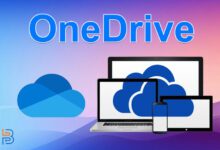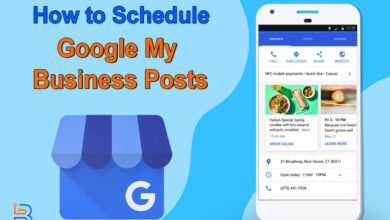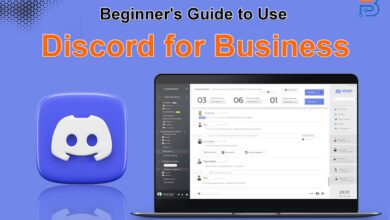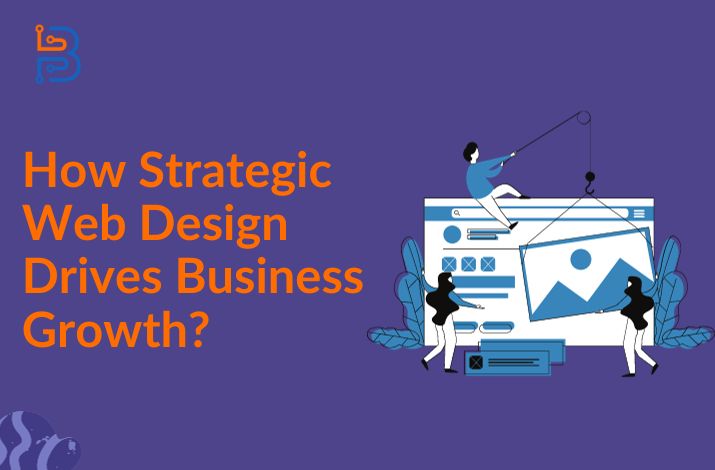22 hours ago
Creative Onsite Marketing Ideas to Boost Your Sales
How would you encourage someone to make a conversion or showcase loyalty towards your brand? May you have found the…
1 day ago
Best Laptops for Digital Nomads Remote Work
Possessing high-quality laptops is a requirement for digital nomads as they must depend more on technology than physical activities. Whether…
1 day ago
Tips for Choosing the Right Web Hosting for Small Businesses
The significance of choosing the right web hosting for small business is often overlooked or undervalued by many business owners,…
1 day ago
How Strategic Web Design Drives Business Growth?
In the ever-evolving era of the internet, your business’s initial encounter with potential clients frequently occurs through its online presence.…
1 day ago
How to Screenshot on Mac – Easy Methods
Imaging the screenshot on Mac would be a beneficial skill for users who want to exchange information and keep a…
































